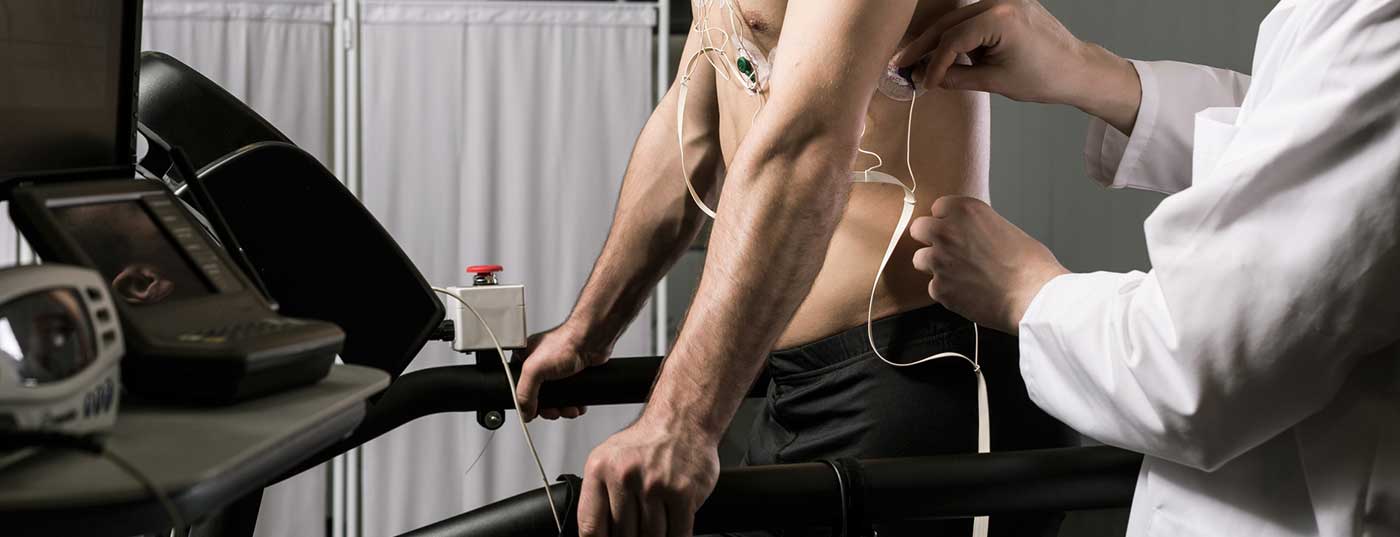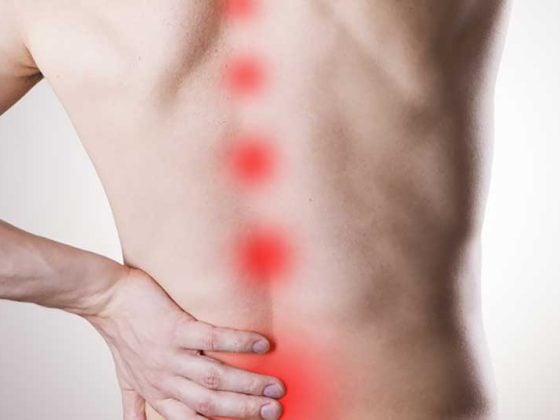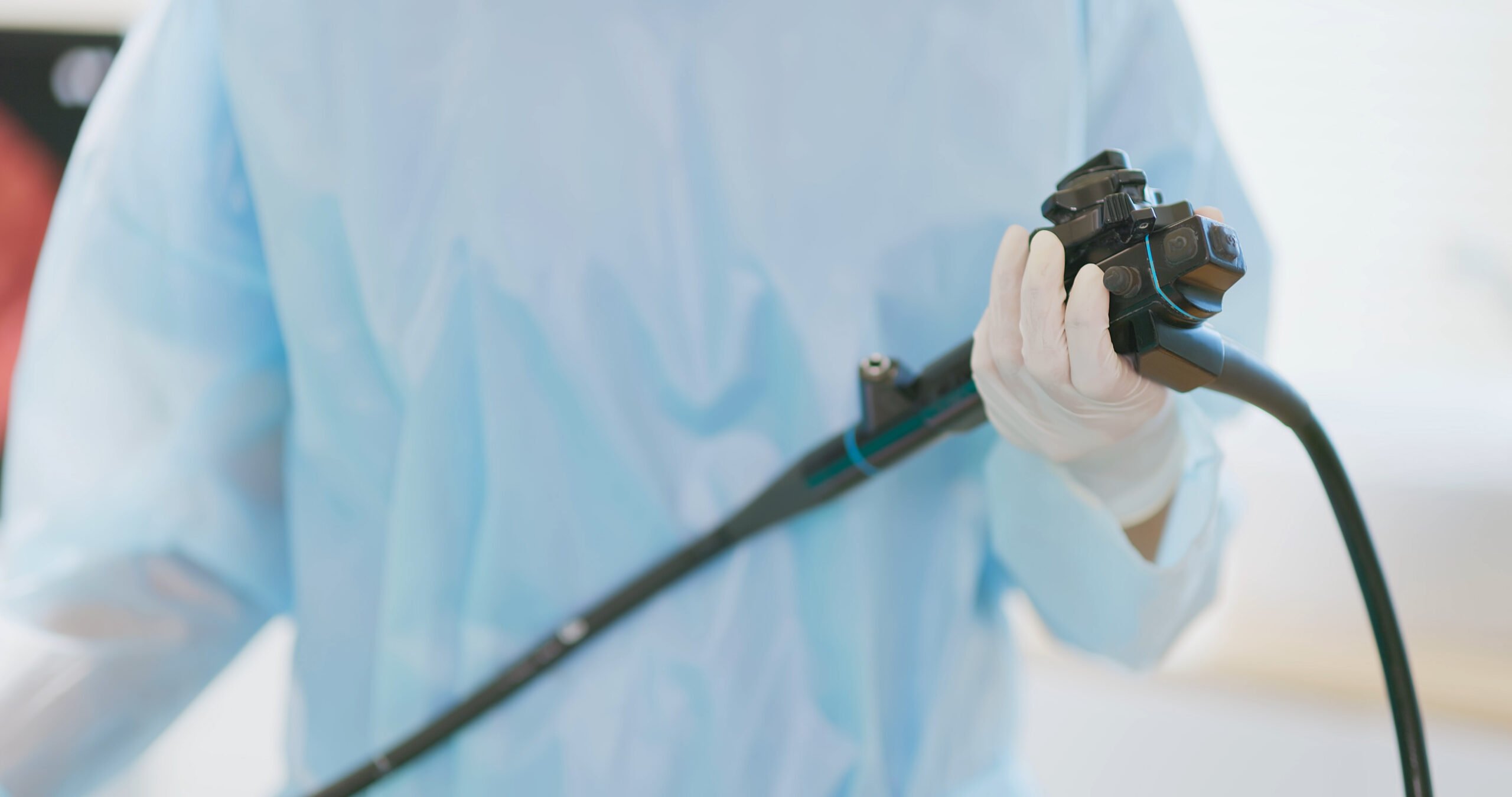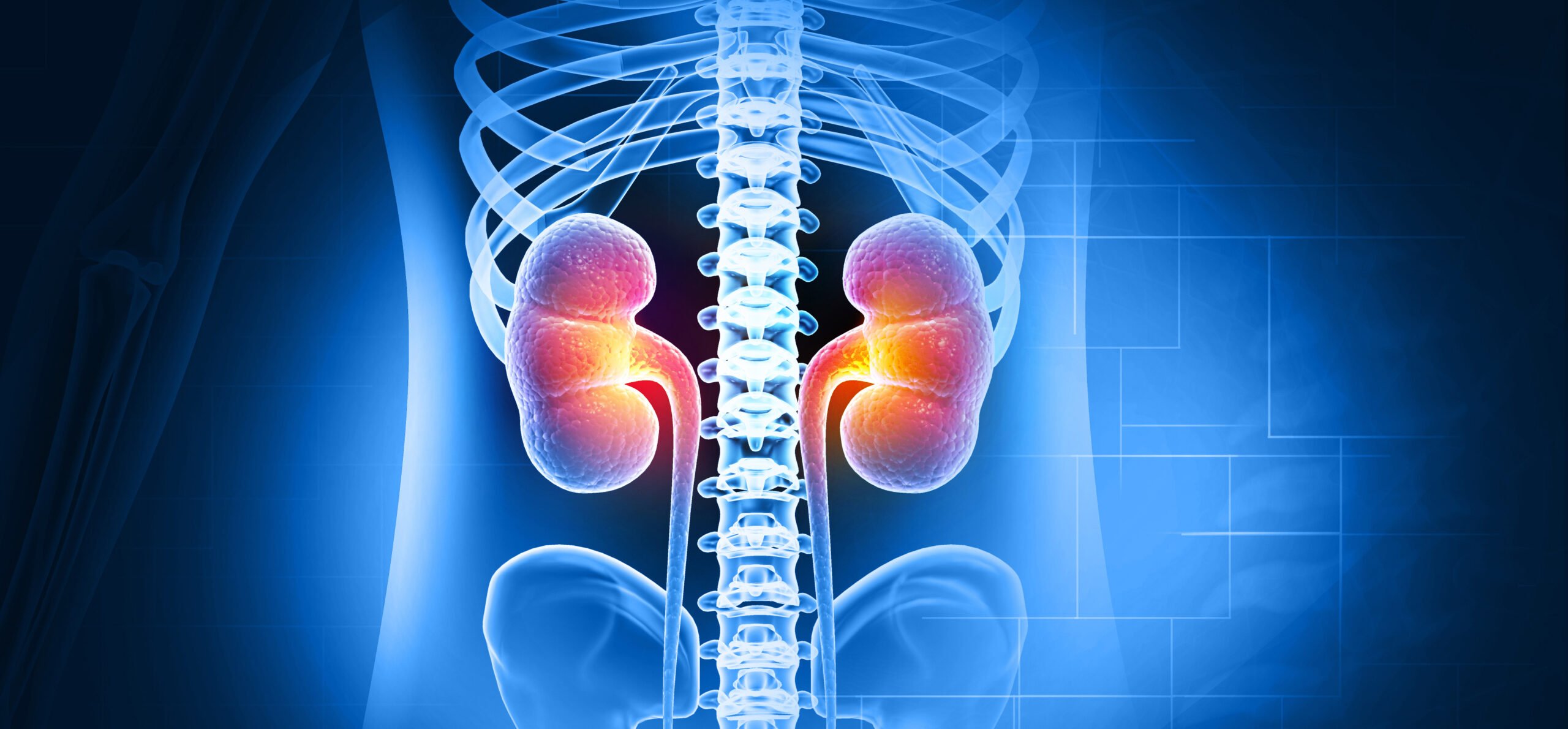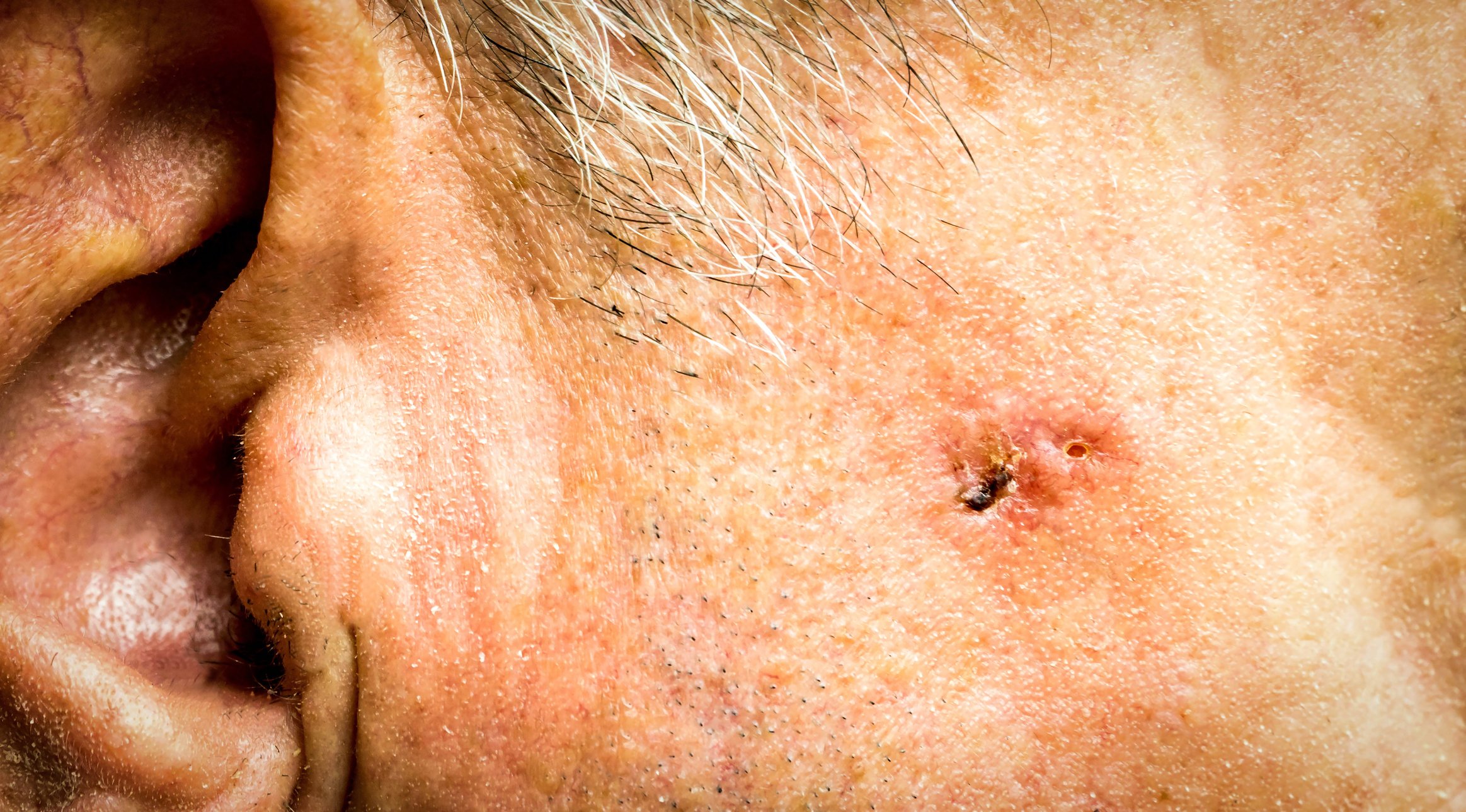Even at the beginning of the 20th century, in the early days of sports medicine, one of the main tasks of the young medical specialty was to determine the fitness and performance of athletes at the time. What is the situation with this today?
The sports medical clinical examination is basically concerned with fitness for performance. The athlete is screened for confounding factors that could limit or affect performance. This requires knowledge of the various requirements of individual sports. Health status and physique must be appropriate for the sport in question.
The performance as such can only be recorded by additional special examinations, the so-called performance tests, which together form the performance diagnostics. Over the years, thanks to a rapid technological development, complex) performance diagnostics established itself as one of the main pillars of the field. Only by means of such sometimes costly measurements and determinations is it possible to record the performance to a certain extent.
At this point, it should be mentioned that both sub-aspects of performance fitness and capability are closely related and should therefore be studied together.
Check-ups should not be “token” exercises
In the course of a sports medical examination, classic biological characteristics are collected: Weight, blood pressure, various blood parameters, etc. If these values are within the norm, one is often already reassured. But people too often forget that lack of exercise is at least as dangerous as obesity and high blood pressure. Lack of exercise is almost always associated with reduced performance, which is why it is essential to determine this during check-up examinations (which unfortunately is not done for a variety of reasons). Some preventive examinations are then almost degraded to an “alibi exercise”.
Performance is composed of several factors
Performance may appear to the athlete as a coherent entity; pragmatically, it is synonymous with results in competition. From the point of view of sports science, however, it is a variable structure (depending on the individual and the type of sport), which is made up of five so-called main motor stress forms, also known as condition factors. In German-speaking performance physiology, a distinction is made between endurance, speed, strength, mobility and coordination. In practice, it will be a matter of “measuring” each of these parameters as well as possible. And it must be emphasized immediately that, despite the impressive advances in equipment, this is not equally successful for every factor. Today, the determination of aerobic endurance and strength, the two most important condition factors for health, is the most feasible; for the other forms of stress, the existing tests are not very developed.
Test conditions
To be meaningful, the tests chosen for performance diagnostics must strictly fulfill several conditions. First, it is essential that the question to be answered by the procedure is well defined and that the test is capable of answering the question! The question is not identical for every athlete. The amateur athlete, who can benefit just as much from performance diagnostics, will have different goals with the test than the competitive athlete.
In general, the following major goals emerge for performance diagnostics:
- Survey of the current performance level
- Assessment of performance development
- Optimization of training control
- Estimation of performance potential.
To achieve these (high) goals, multiple determinations are of course better than one – a principle that applies to all of medicine. Each test is only a snapshot, and it must be interpreted as such. The more points there are, the more meaningful this interpretation can be.
Further conditions on the measurements are a sound protocol and scientifically validated technical equipment. However, it is also a matter of getting a handle on the far more important confounding factor, the biological variability of the test subject. Compared to the instrumental uncertainties (about 10%), this variability is much larger (up to 90%). With a good preparation of the test person and his environment (e.g. trainer) as well as a rigorous structuring of the test procedure (time of day, previous training units, nutrition, water balance, consumption of coffee or alcohol, etc.), this source of error can also be greatly reduced. Of course, the chosen criteria should be recorded and strictly maintained in the following investigation.
Another very important point is the similarity of the movements used in the test with those of the sport practiced. It would be counterproductive to examine a runner on a bicycle ergometer. Today there are numerous “ergometers”, from treadmills to swimming channels, from rowing ergometers to skating ergometers. With these specialized and far from ubiquitous facilities, a true-to-life measurement is (almost) guaranteed. In addition, they allow a better transfer of the obtained data into everyday training control. It is important to know, for example, that a greater number of muscles are activated during running than during cycling, so higher pulse values are displayed on the treadmill at comparable loads than during bicycle ergometry. The same considerations must be made when swimming because of the water pressure: the pulse rate will be lower than when running.
The consideration of leaving the sterile environment of a performance laboratory led to the development of various field tests in which the athlete is tested in his or her natural environment. Many advantages, but also some disadvantages, can be expected.
Sports medicine testing services in Switzerland
In Switzerland, under the auspices of Swiss Olympic, various performance tests are offered at Swiss Olympic’s accredited sports medicine centers (Swiss Olympic Medical Center and Swiss Olympic Base). Other institutions also offer such examinations. The link mentioned in [1] provides detailed information on endurance and strength measurement tests. Table 1 summarizes the situation for Switzerland.

Not so easy, but quite useful
Performance diagnostics is an original, important pillar of sports medicine and can be used in both competitive and amateur sports with the necessary nuances. However, it is a delicate matter, usually based on sophisticated technology, requires a lot of experience and knowledge on the part of the investigator, needs careful logistical planning and preparation, and finally will only meet the set expectations if the athlete is well informed and very motivated.
A later article will discuss the various specific tests in more detail.
Literature:
- Siwss Olympic: Manual Performance Diagnostics 2015. www.swissolympic.ch/Portaldata/41/Resources/03_sport/00_dokumente/Manual_Leistungsdiagnostik_(last_modification_01.02.2016).pdf.
HAUSARZT PRAXIS 2016; 11(5): 4-5

